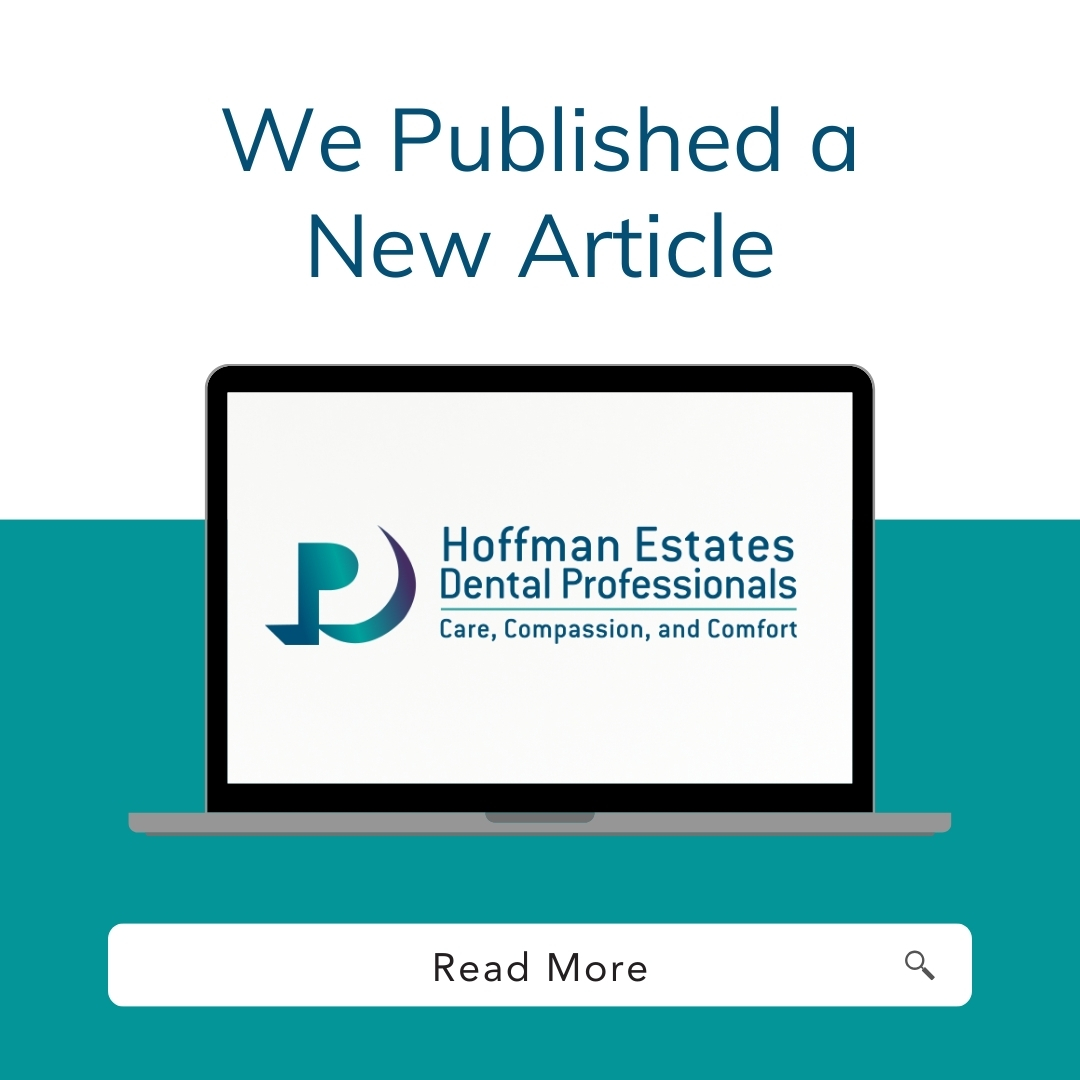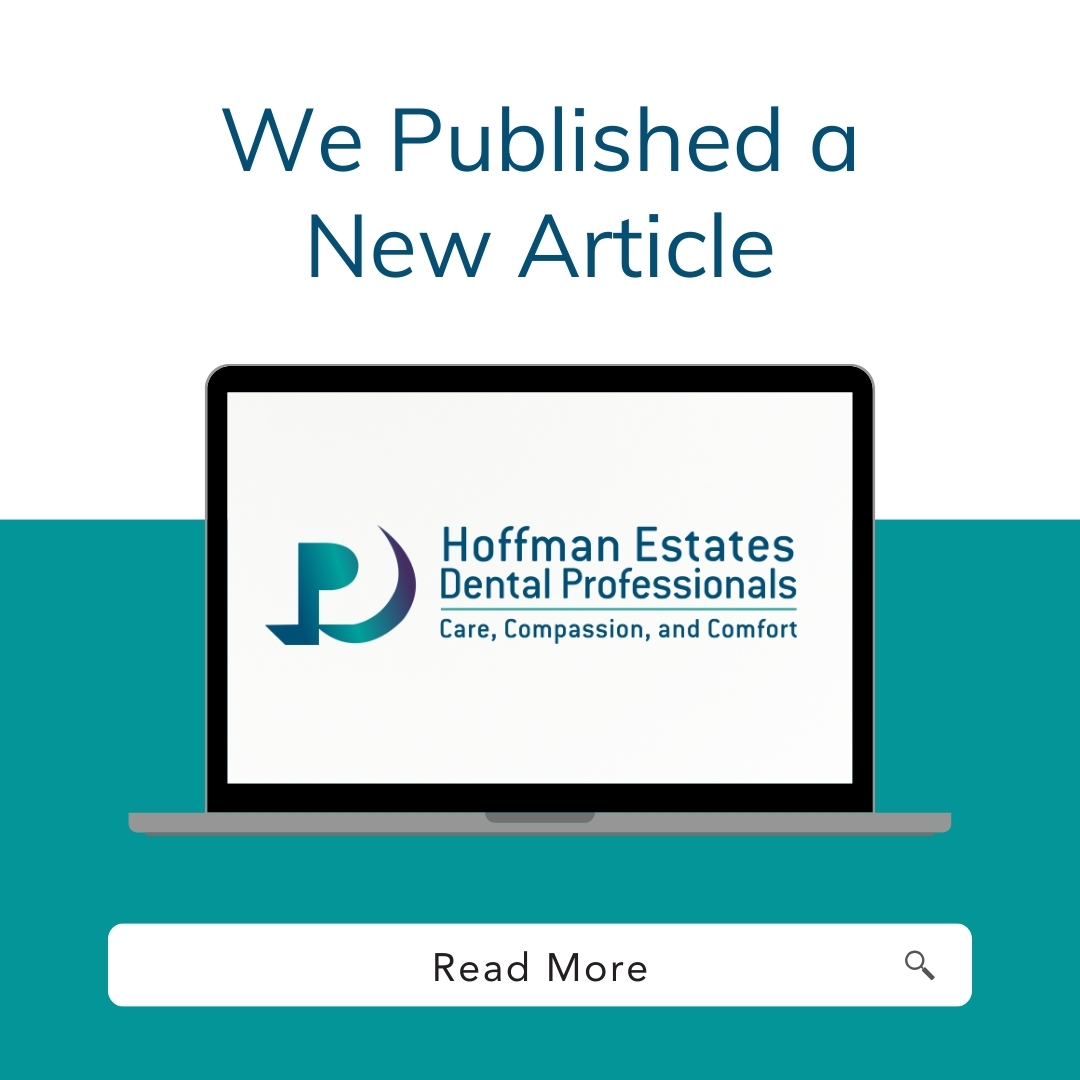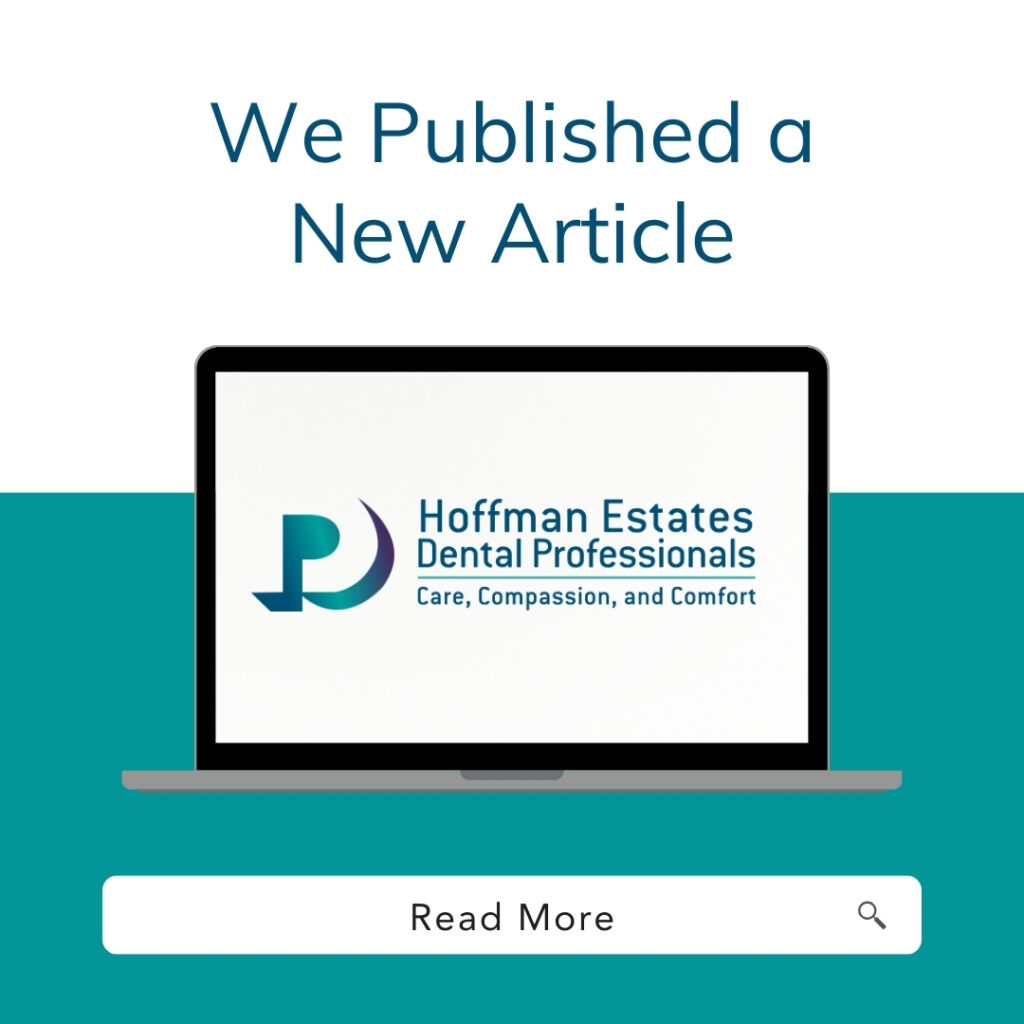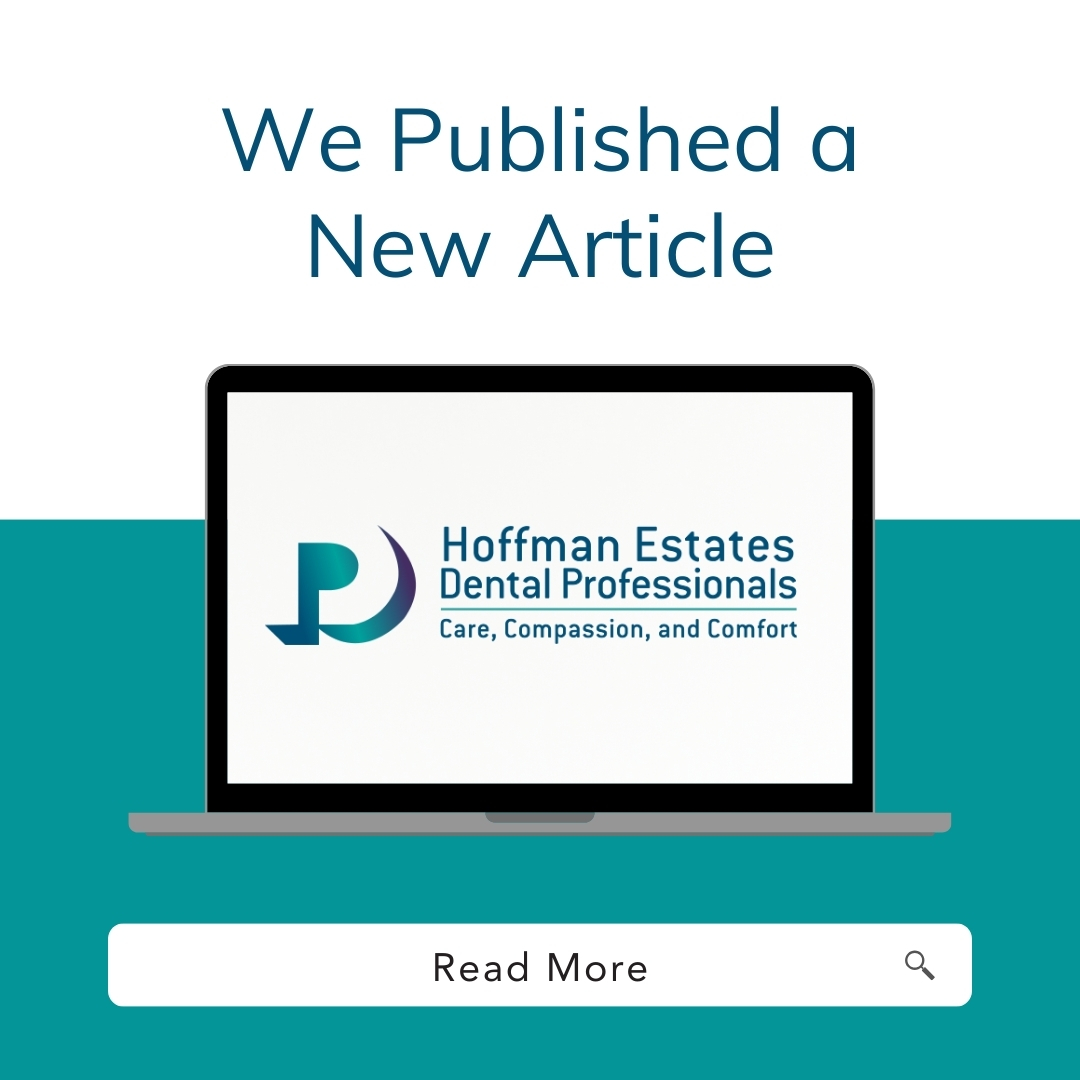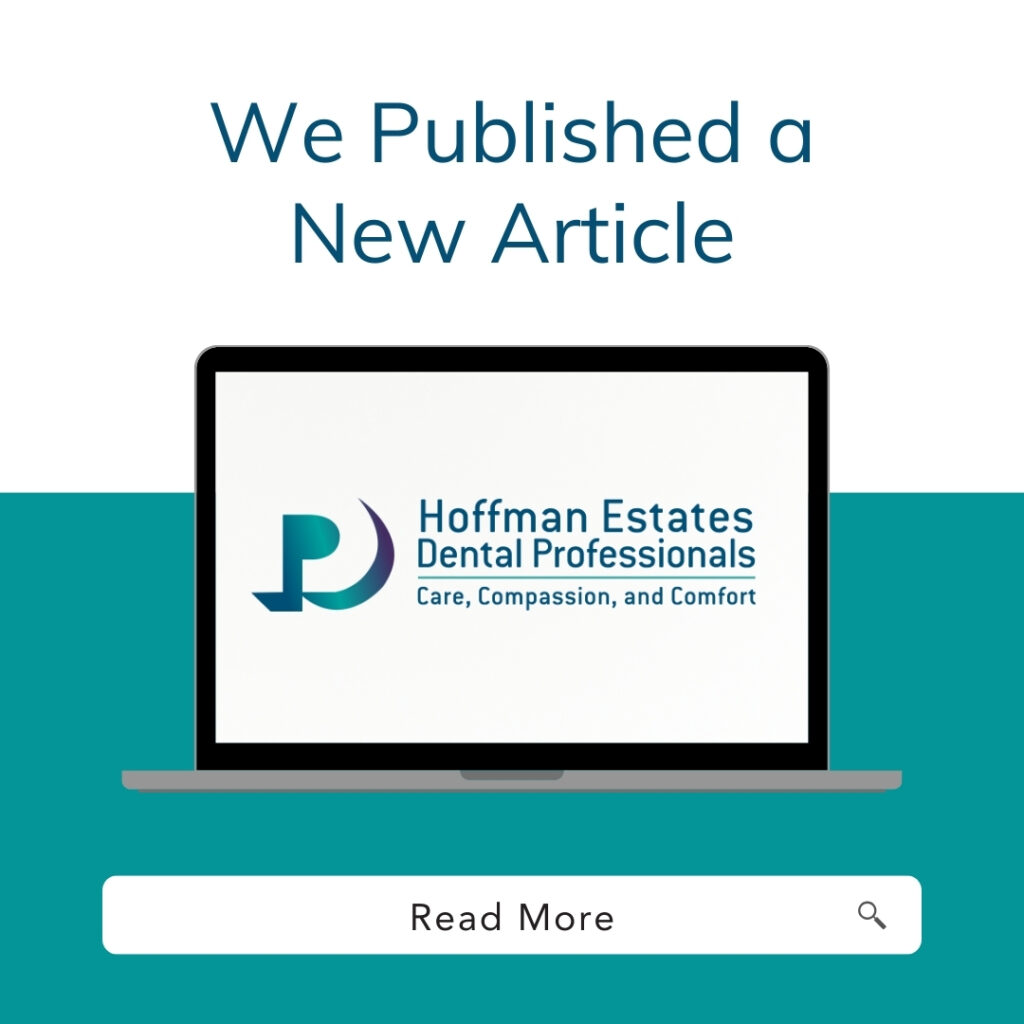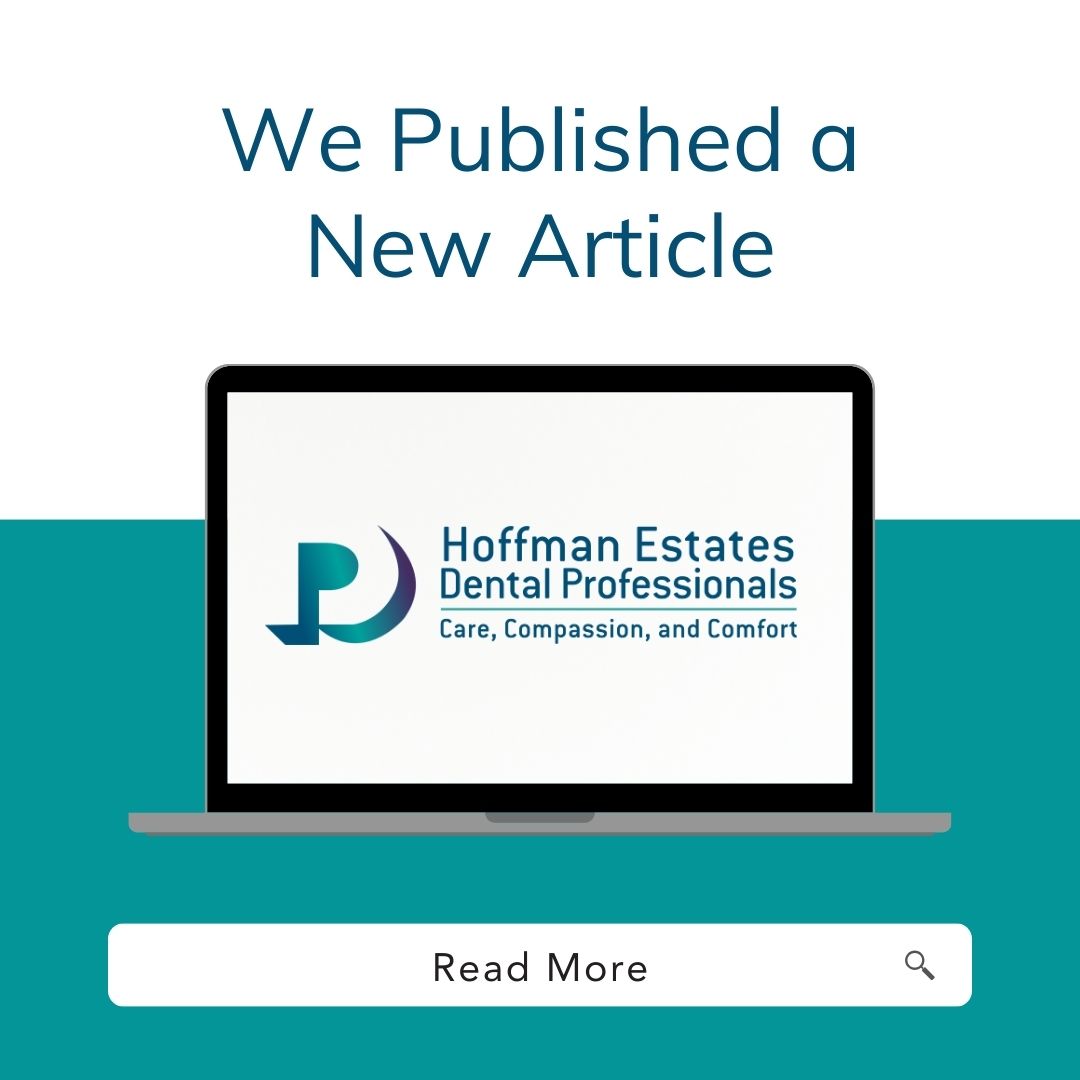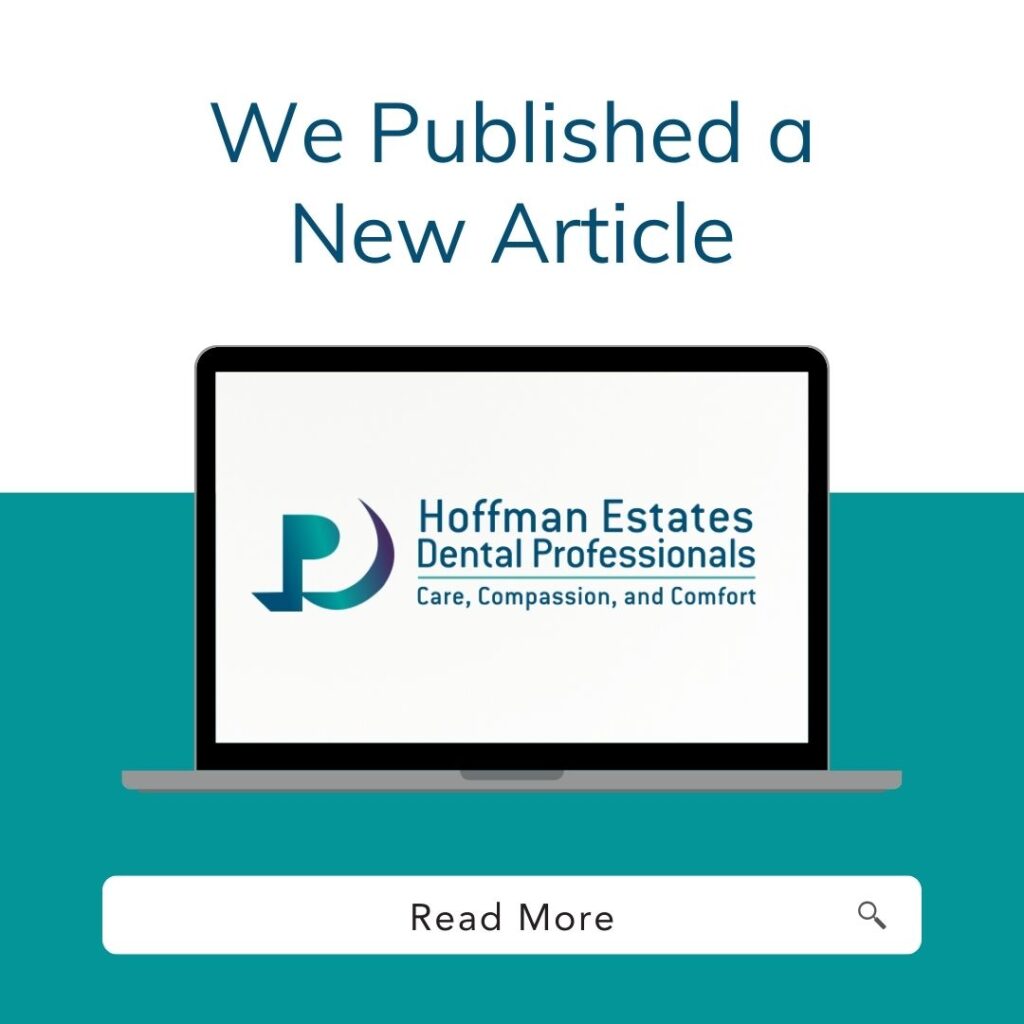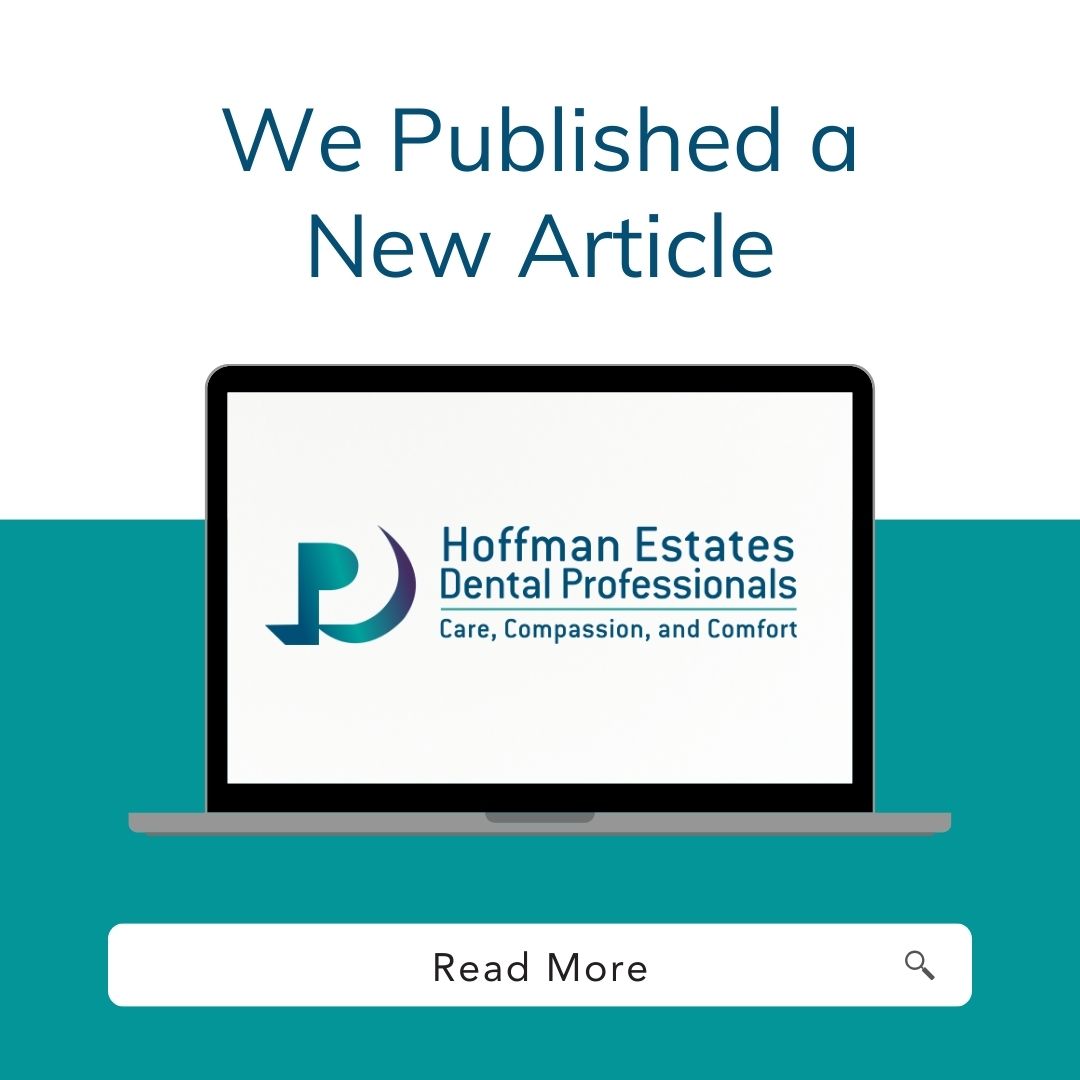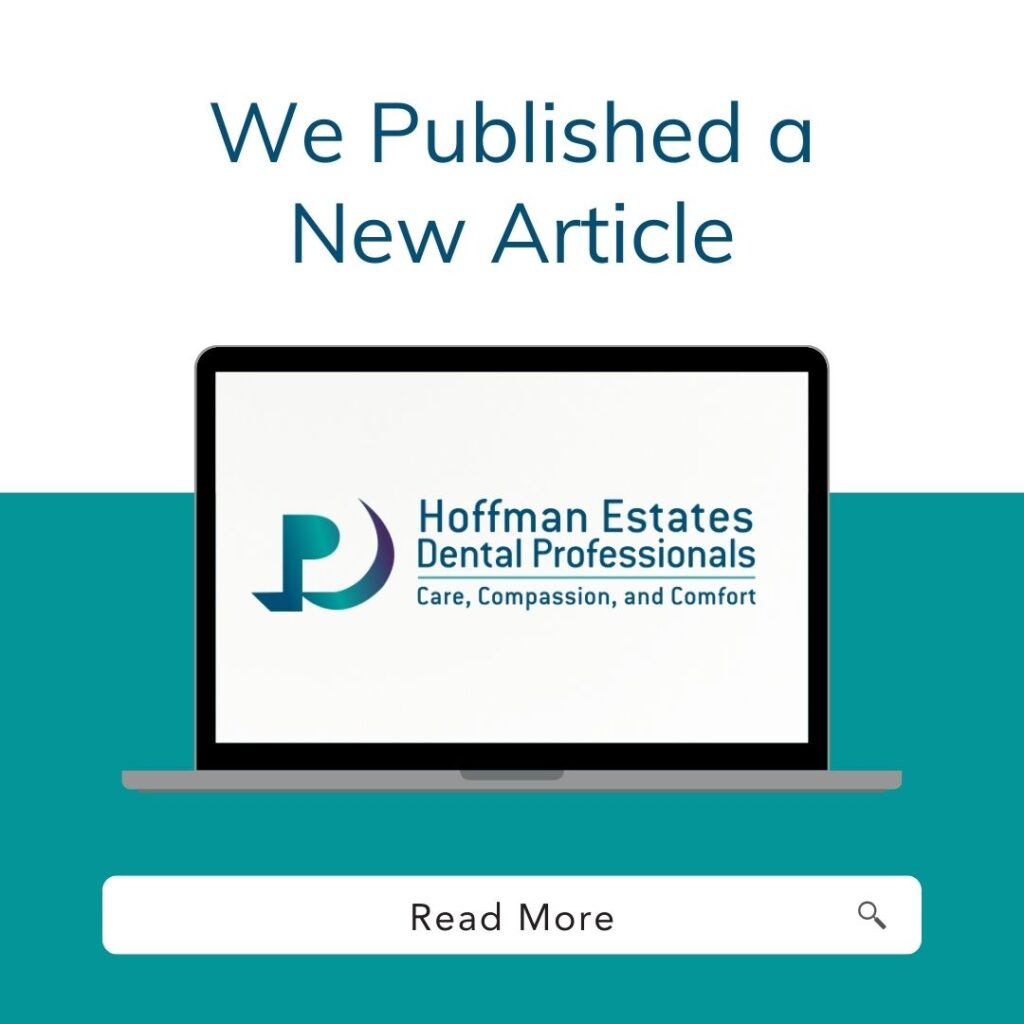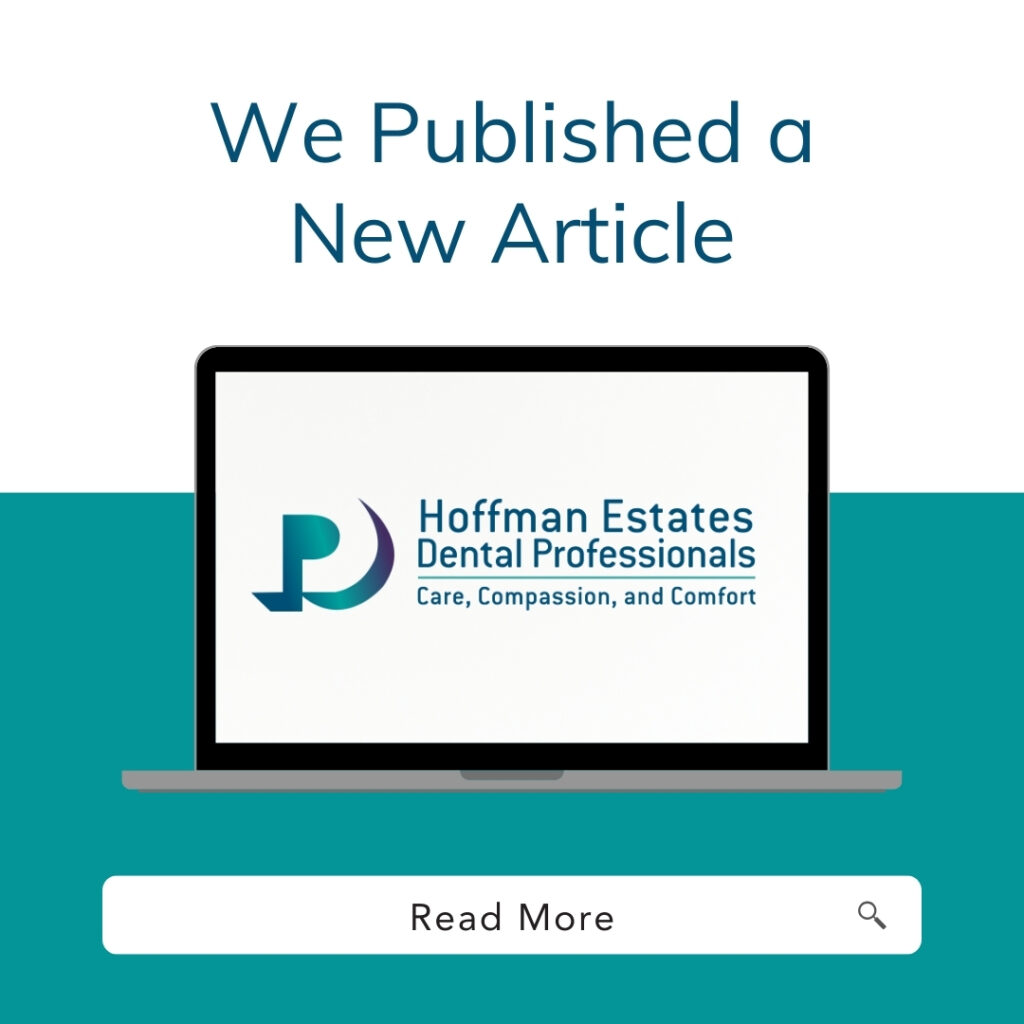
A cracked tooth can impact both the appearance of your smile and the function of your teeth, leading to discomfort and difficulty chewing. Fortunately, many causes of tooth cracks can be avoided with the right precautions. At Hoffman Estates Dental Professionals, we’re here to help you understand the most common causes of cracked teeth and how to protect your smile.
Chewing Hard Foods
Although your teeth are naturally strong, they’re not invincible. Biting down on hard foods like ice, nuts, or unpopped popcorn kernels can lead to cracks in your enamel. To avoid this, try to limit these foods or chew carefully when consuming them. Protecting your teeth from unnecessary strain is one of the simplest ways to prevent cracks.
Grinding Your Teeth at Night
Bruxism, or teeth grinding, often happens at night without your awareness. Over time, this habit can cause stress fractures or small cracks known as craze lines. Wearing a custom night guard while you sleep can serve as a protective barrier between your upper and lower teeth, reducing the risk of damage from grinding.
Natural Aging
As we age, our teeth experience wear and tear from years of use. Cracked teeth are particularly common in individuals over 50. While aging is unavoidable, you can minimize its effects on your oral health by practicing excellent dental hygiene and visiting your dentist regularly. Routine check-ups at Hoffman Estates Dental Professionals can help catch small issues before they become major problems.
Trauma to the Mouth
Accidental trauma, such as a sports injury or vehicle collision, can also lead to cracked teeth. While some accidents are unavoidable, you can reduce your risk by wearing a mouth guard during contact sports. Proper protection helps shield your teeth from impact and minimizes the chances of serious damage.
The Importance of Early Treatment
If left untreated, a cracked tooth can lead to more severe dental issues, including tooth loss. While some cracks can be prevented, others may happen unexpectedly. If you experience a cracked or chipped tooth, Hoffman Estates Dental Professionals can restore your tooth’s function and appearance with personalized treatment options.
For more information or to schedule an appointment with your trusted dentist in Hoffman Estates, contact our office today. We’re here to help you maintain a healthy, beautiful smile!


